February is known for hearts and valentines, but more importantly, February is American Heart Month. This is an excellent time to take stock of your heart health and potential risks. Understanding what causes heart disease and how to prevent it is a good way to start!
FACT: Heart disease is the leading cause of death in the US
FACT: Heart disease is the leading cause of death for WOMEN, accounting for 1 of every 5 deaths.
FACT: Heart disease costs about $240 billion in US health care costs annually.

What is heart disease?
Heart disease encompasses many conditions of the heart.
- Coronary artery disease – Blockage in the blood vessels of the heart.
- Heart Attack – Caused when the blood flow in the heart arteries slows or stops.
- Irregular heartbeats (arrhythmias) – Untreated irregularities can increase stroke risk.
- Heart muscle disease – Occurs with major heart damage.
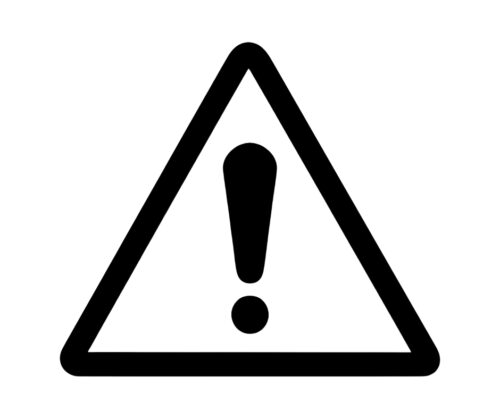
What are the Symptoms?
Symptoms can vary from person to person and differ between men and women. Unfortunately, many people may not know they have heart disease until they experience more aggressive symptoms that lead to a heart attack. Symptoms can include one or more of the following:
- Chest heaviness, pain, or discomfort
- Upper back or neck pain
- Arm pain or radiating pain that moves
- Heartburn or indigestion
- Nausea or vomiting
- Shortness of breath
- Fatigue that is different than just being “tired”
- Fluttering feelings in the chest (palpitations)
- Dizziness – can signal issues with your blood pressure.
Symptoms can be one or a combination of many occurring at the same time or over a period of time.
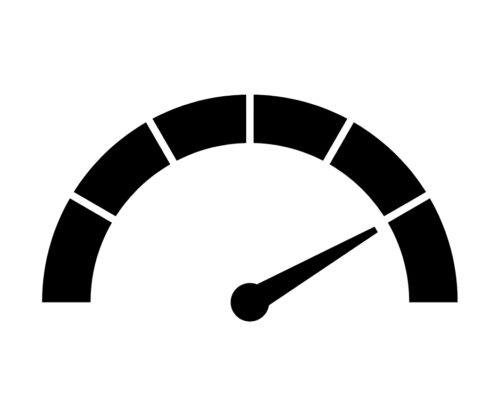
Are you at Risk?
Almost half of people in the US have high blood pressure, high cholesterol or use tobacco. These are the most common risk factors. Additional risk factors include:
- Diabetes
- Obesity and overweight
- A diet that is high in fat and processed foods
- Physical inactivity
- Excessive alcohol use
The more risk factors someone has, the more at risk they are for developing heart disease.
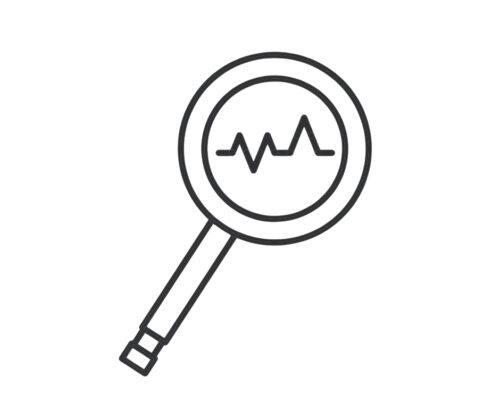
How is it Diagnosed?
When someone has signs or symptoms suspecting heart disease, your doctor will perform a couple of basic tests:
- Electrocardiogram (ECG or EKG) – Records each heartbeat, looking at how fast or slow it is and for signs that indicate a blockage.
- Echocardiogram – An exam that uses sound waves to create detailed images of the heart in motion and how blood moves through the heart and its valves.
- Exercise or stress tests – The patient is asked to walk on a treadmill while an EKG monitors any changes to the heartbeat or heart rhythm. If the patient cannot walk on a treadmill, medication is given to stress the heart, giving the doctor the same information.
- Blood Work – When heart damage occurs, enzymes are detected in blood work. Cardiac enzyme tests are done over a period of 24-48 hours.
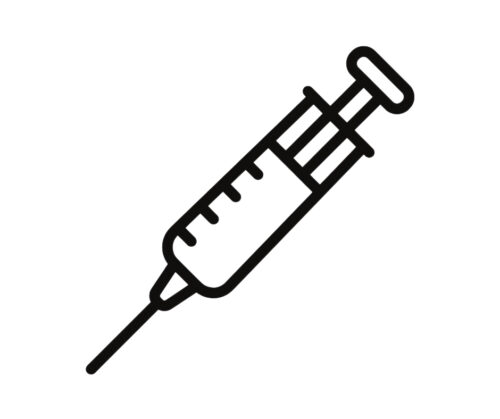
How is it Treated?
Treatment for heart disease varies based on symptoms and diagnosis. Medication can be prescribed to control symptoms and prevent complications.
- Cardiac catheterization – A procedure that involves a flexible tube (catheter) inserted in the wrist or groin and guided to the heart. Dye is injected to check for plaque that may be blocking the heart arteries. If plaque is detected, an angioplasty procedure can be done to open the blocked artery.
- Cardiac Open-Heart Surgery – Performed to remove or bypass blockages and to repair or replace a heart valve if needed.
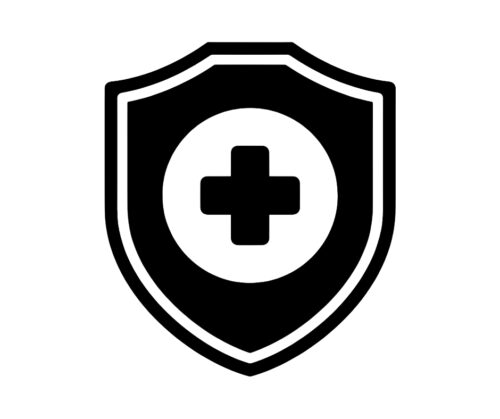
Can it be Prevented?
A healthy lifestyle includes eating a low-fat diet, exercising regularly, and not smoking, which can help lower a person’s risk of heart disease. Knowing your numbers, such as BMI, blood pressure, and resting heart rate, helps you to be proactive against developing heart disease and can alert you when those numbers are out of range. Attending routine check-ups is another way to ensure your heart is happy and healthy.
Read more about the importance of routine check-ups here.
This blog was guest-written by Marlene Singer, RN, a cardiac nurse with 30 years of experience.






